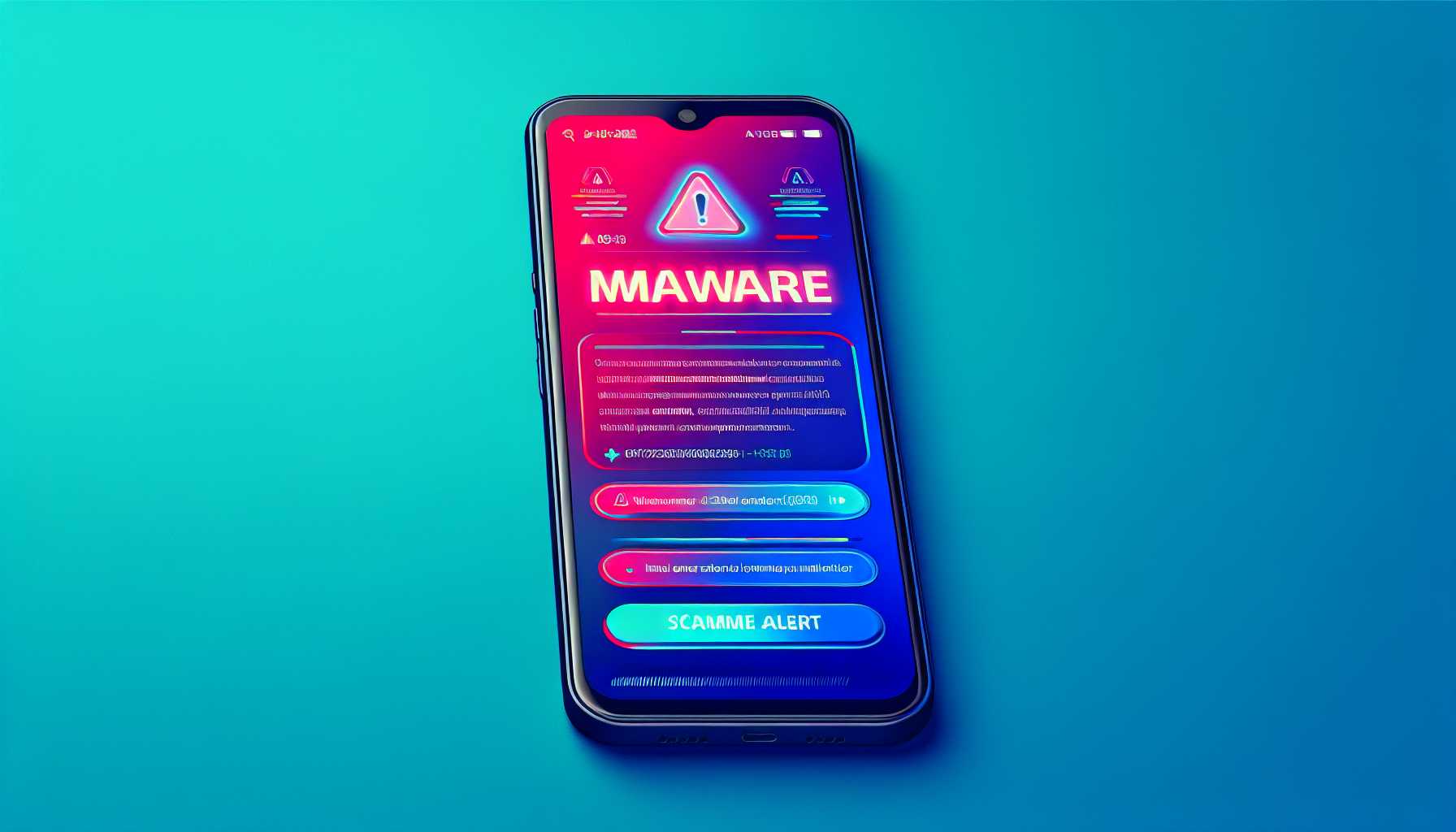Epic’s Legal Struggle: A Battle of Digital Titans
Epic Games has once again entered the courtroom, this time targeting tech giants Google and Samsung. Alleging a conspiracy to obstruct competition, Tim Sweeney, the CEO of Epic Games, has set the stage for what promises to be a landmark case in the ongoing fight for digital marketplace freedom on mobile devices. The heart of the matter? Samsung’s Auto Blocker feature that Epic claims is an unnecessary roadblock to sideloading alternative app markets.
The Claim of Restriction and Collusion
In August, Samsung rolled out an update that made Auto Blocker a default feature, purportedly designed to protect users from unauthorized and potentially malicious applications. However, Epic paints a different picture, arguing that this security measure necessitates 21 steps to install their app store, severely hindering user access and competition. This litigation builds on Epic’s long-standing crusade for a more open mobile app ecosystem, which began in 2020. Sweeney opines that this isn’t about malware protection but rather about limiting the avenues through which users can access apps, ensuring that Google Play and Samsung’s own Galaxy Store remain dominant. The case hangs on whether evidence can prove that Google and Samsung have colluded to stifle competition.
Samsung’s Defense: Security or Subterfuge?
Samsung, of course, refutes these claims. In their defense, they argue that Auto Blocker is in line with their principles of security, privacy, and user control. A spokesperson stated that this feature can be disabled at the user’s discretion, contesting Epic’s assertion that it creates an insurmountable barrier to app installation. Both Samsung and Google claim that their measures are designed with user security in mind and not to stifle competition. Whether the court will find merit in Epic’s claims remains to be seen, but the stakes are high for all parties involved.
Apple’s Silent Crackdown on VPNs in Russia
In another realm of tech-induced drama, Apple’s recent actions in Russia have raised eyebrows globally. The tech giant has been quietly removing VPN apps from its Russian App Store—much more than what Russian authorities have publicly reported. According to the App Censorship Project, Apple pulled down 60 VPN apps between early July and mid-September 2024, a significant increase from the 25 reported by Roskomnadzor, Russia’s internet censorship body.
Broader Consequences for Digital Rights
Human rights groups have been swift to condemn Apple’s actions. These VPNs provide essential services to journalists, activists, and everyday citizens who rely on them to access information securely and maintain their privacy. By removing these apps without transparency or due process, Apple has been accused of enabling government censorship. Evan Greer, Director of Fight for the Future, expressed grave concern over this precedent. It raises alarming questions about corporate complicity in state-sponsored censorship and how it undermines digital freedom.
Necro Malware: A New Threat in the Play Store
Shifting the focus back to mobile app security, cybersecurity researchers from Kaspersky recently uncovered a new strain of malware, dubbed Necro, that infiltrated the Google Play Store. This malware affected over 11 million devices, disguised within popular apps like Wuta Camera and Max Browser. Necro executes a range of malicious activities—from displaying ads in invisible windows to potentially subscribing users to premium services without their consent. This incident spotlighted the ongoing challenge of maintaining a secure mobile app environment while also enabling a competitive marketplace.
Final Thoughts
As a tech investor and expert, it’s compelling to observe how these legal and security battles will shape the future landscape of mobile applications. Epic’s lawsuit against Google and Samsung could redefine the parameters of competition and user freedom in mobile ecosystems. Meanwhile, Apple’s actions in Russia highlight the delicate balance tech companies must navigate between complying with local regulations and upholding global digital rights. In an era where digital and physical realms are increasingly intertwined, these cases underscore the power wielded by tech giants and the critical need for transparency and consumer choice. Stay tuned as these narratives unfold, likely influencing policy, market dynamics, and user experiences worldwide.







